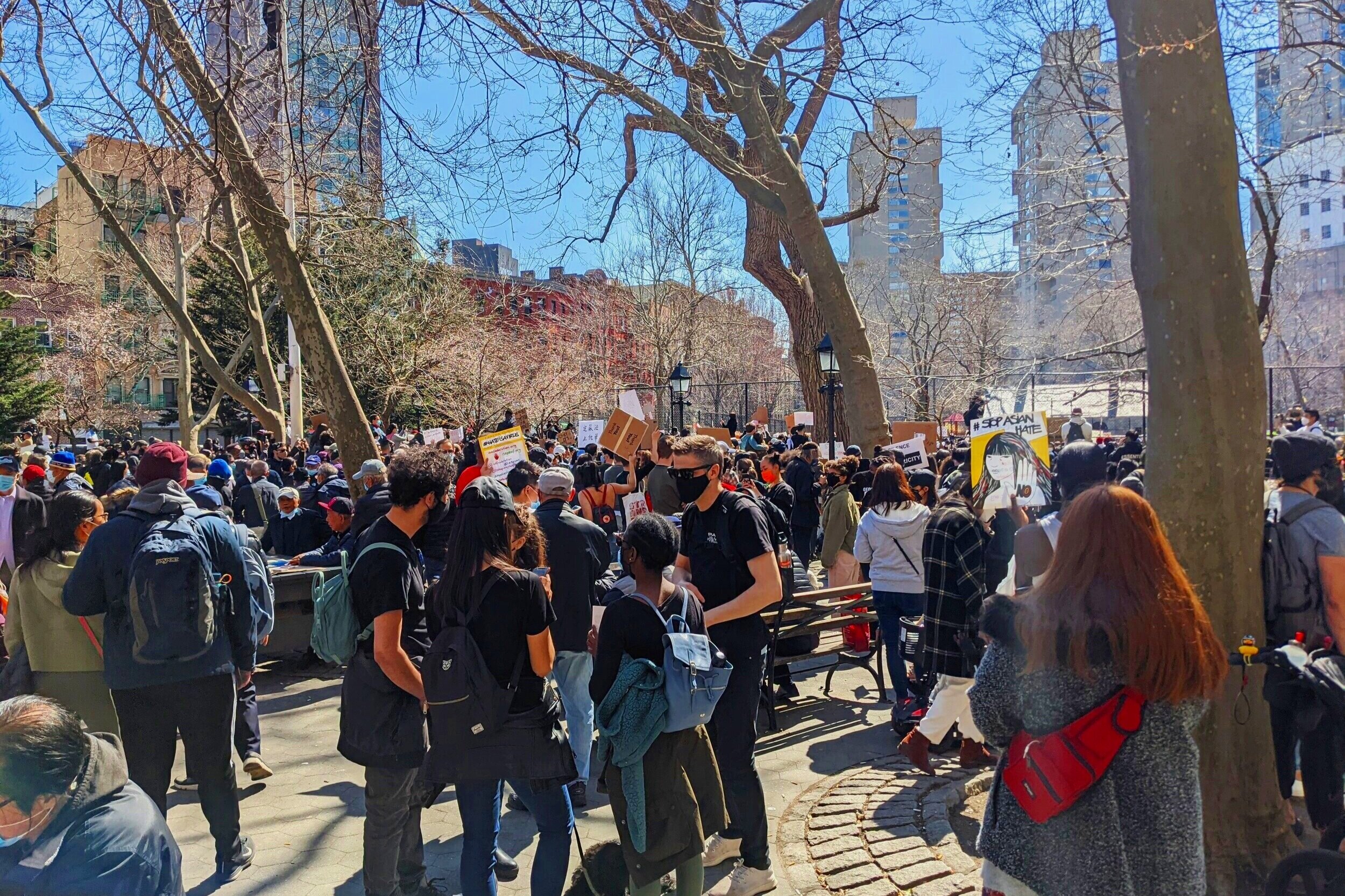friday five 12.30.16
FRIDAY, DECEMBER 30TH
1. how to meet amazing people without sleazy networking
I read a great piece by this guy that I met at a leadership conference last year. He’s a very successful guy. Class president at Wharton, contributor to Time and Fast Company, marketer at Google. But apart from his résumé, what I really liked about him was that he was someone that just gets it. He acknowledges that work, while important, cannot be all-consuming, and that the strength of a good network is measured by its depth, not its width. And he understands the importance of raw, authentic passion:
I realized that making deeper connections isn’t about reading body language, asking better questions, or being helpful. That's secondary. The real way to meet others is by spending more time on yourself ... That’s why passion projects matter. Why hobbies matter. Why art matters. Because once we start building something beautiful, that’s when we become attractive.
2. 100 years of oil wars, border conflicts, and ethnic strife that led to president-elect trump
Whoa. This is why history is important. It’s pretty wild that almost everything we know today can be traced back hundreds of years. I wonder if we learned all history this way, in a connected, progressive sense rather than a mythological one, if we could solve some of society’s current problems.
3. political correctness: how the right invented a phantom enemy
An excellent article my friend Aly shared on Facebook on the perils of moral superiority, and the gradual distortion of “political correctness” from inclusive speech to elitist oppression. Policy analyst Alex Nowrasteh writes that there is also a conservative version: “patriotic correctness,” which is equally stifling. This election has revealed great ideological divides in our country, even deeper than “liberal” vs. “conservative,” and it’s actually grotesquely fascinating. But the only thing for certain is that bipartisanship and other labels are poisonous (we intentionally divide ourselves, and that’s stupid), and we need to stop identifying ourselves so definitively if we ever want to find common ground. And for the disheartened, the best thing we can do moving forward in a post-PC world is to engage and act, and that goes beyond simply sharing on Facebook or writing blog posts (guilty).
4. how 2 data pros became friends by exchanging data visualizations of their lives on postcards
I love the idea of an “analog approach” to data, because it showcases the more human aspects of it. It’s beautiful in a sloppy kind of way. It allows you to examine each entry more closely, to pay attention to how each piece fits into the Big Picture.
5. the cookie effect: how to learn languages faster with simulated immersion
I’m learning French and Italian and re-learning Spanish for fun, which is ironic considering I am in a country that speaks none of these languages. It’s simultaneously relatively easy and very difficult because they’re all Romantic (I used to speak conversational Spanish and some very elementary French), but the distinct inflections and variance in vocabulary are tricky, and conjugation three different ways is killing me. The problem with learning a language on Duolingo is that it doesn’t teach you “organic language,” or things that you actually use in conversation. But the brilliance of this method is that it uses real-world applications by simulating learning a language the way children do (hint: it’s not by conjugation). I’m just starting out, but I’ve bookmarked some Spanish news sites, some French fashion blogs, some Italian cooking shows, and podcasts in all three, and then the rest is up to Google Translate. Admittedly, I should probably learn the languages individually, but I like seeing the ways in which the languages intersect, and if anything I feel like this is a good exercise in lateral thinking.










